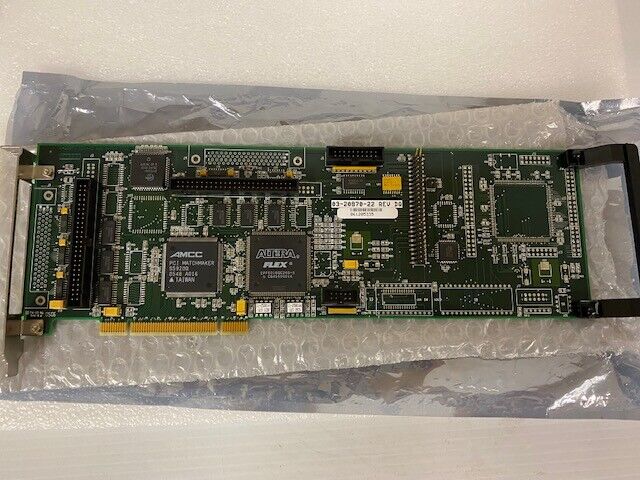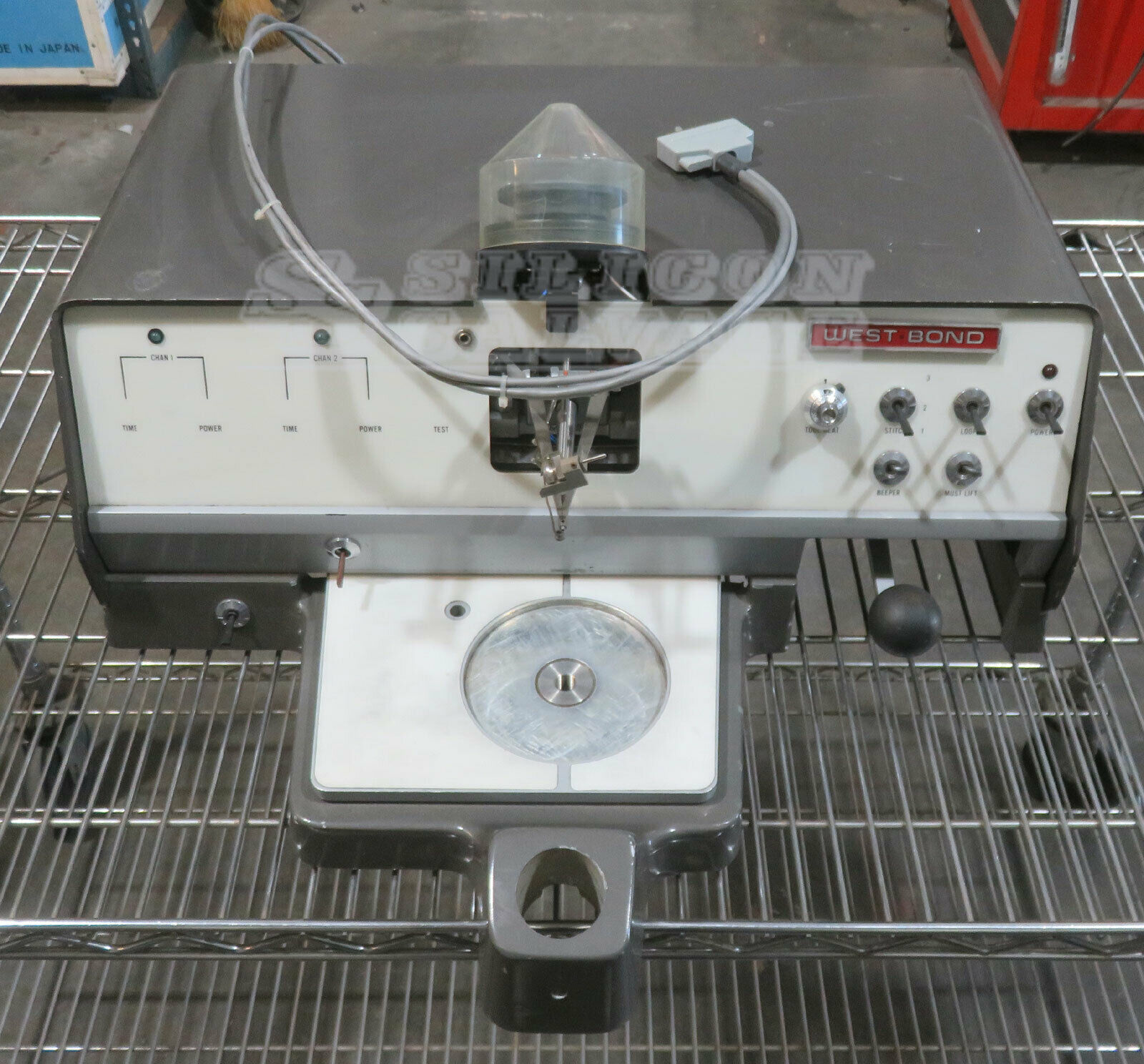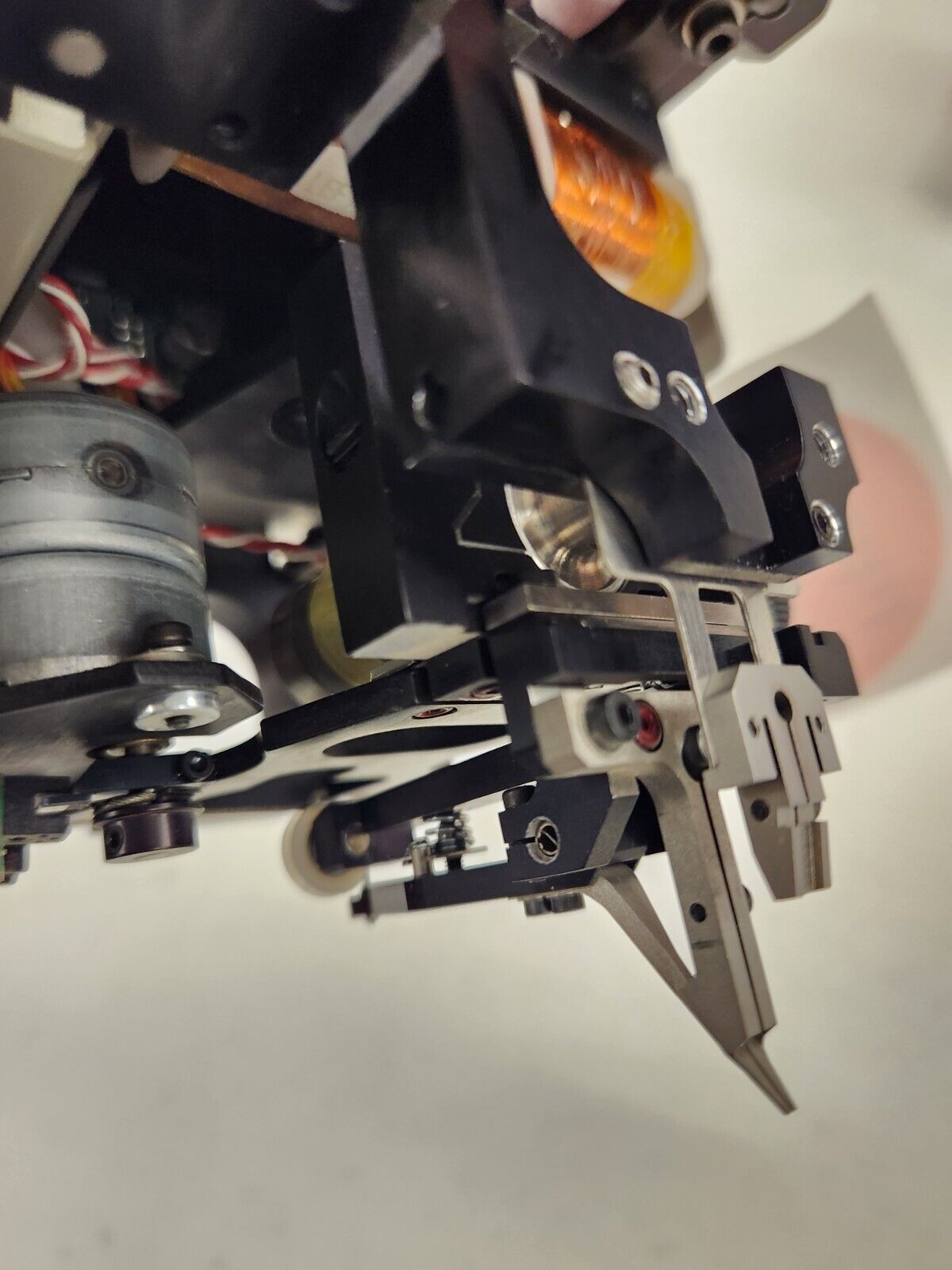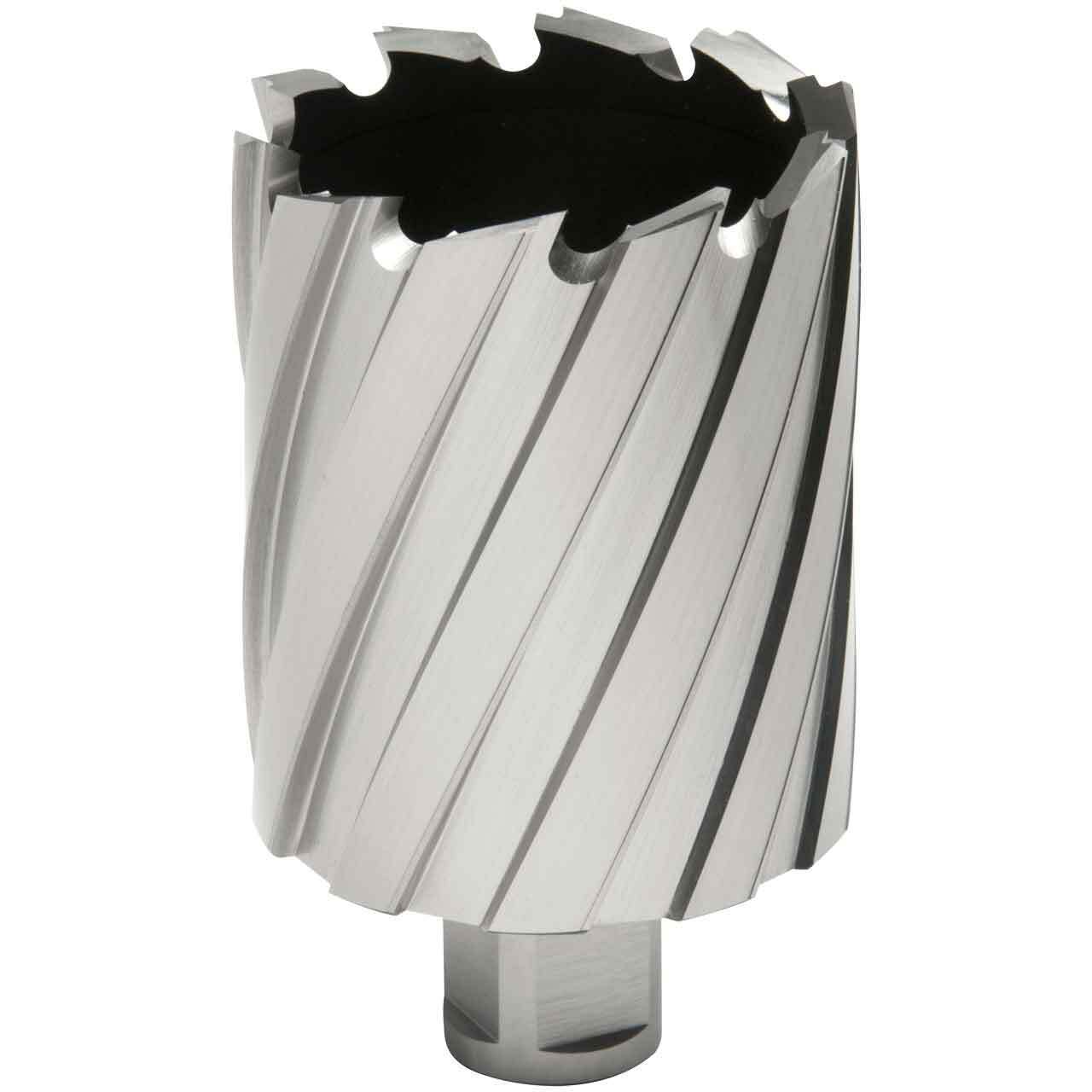-40%
West-Bond - Wedge Wire Bonder Model 454630E-79 / 4530E-
$ 9503.99
- Description
- Size Guide
Description
West-Bond Semi-Automatic Wedge Wire Bonder Model 454630E-79 / 4530EOlympus SZ51 Microscope
West-Bond K1200D
Temperature Controller
West-Bond K-1800 Controller
Free Shipping - Freight - Lower 48 Contiguous United States
West-Bond Wedge-Wedge Wire Bonder, Motorized Z and Y Axes Model 454630E / 4530E.
Motorized Step-Back Wire Bonders
Prologue
West·Bond’s new “E” Version starts the twentieth year of the Model 4500 tradition. This machine was revolutionary at its inception as the first to make a wire bond connection fully under programmable software control executed digitally by motors, thus making possible the manufacture of high frequency, high power semiconductor devices where connections must be identical. The original design, with digiswitches for input and with LED’s to display individual data lines by binary value, remained unchanged by customer insistence until finally supplanted by the current 4500 Model of the “B” Series. Now, Model 4~00E brings forward the new advances of the “E” Series, notably the placement of all machine mechanism above the work plane to allow unlimited access, and the setting of axis brakes to lock on target. In this model the tool, rather than the work, is moved, both for alignment and for bonding, with the work pre-rotated. There is choice of alignment by either microscope or video. New bond heads are built around a 110 kHz ultrasonic transducer and provide full three-way convertibility.
Application
Machines of this series bond aluminum or gold wires from 0.0007 in. to 0.002 in. diameter, primarily to stitch bond a succession of parallel multi-arch wires, but useful for bonding any program of shaped connections. Three bond methods are available by tool head conversion; angled-feed wedge bonding, vertical-feed wedge bonding, and Negative EFO ball bonding. The feed methods for wedge bonding are effected by change of clamps only, while ball bond method is effected by exchange of the tool head. Both wedge bond methods require front-to-back wire progress, hence pre-rotation of the work piece. Wherever possible, angled feed wedge bonding is recommended because clamps very near the bond foot can have the best effect to work the wire into arches. Even complex motions can similarly shape ball bond connections, if rotation is preset. This machine is also uniquely capable of making a succession of spaced single-ball bonds. Further, a machine of this series can be assembled with 63Khz ultrasonic components to Tab Bond a pattern of connections, such as on the flex circuits of computer disk read heads.




















